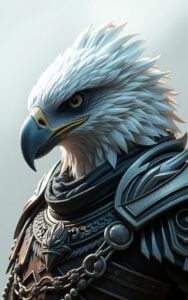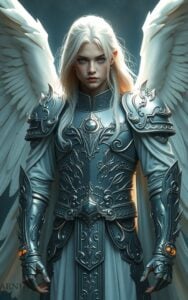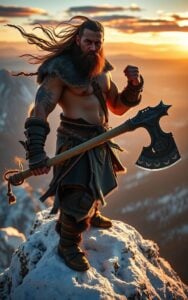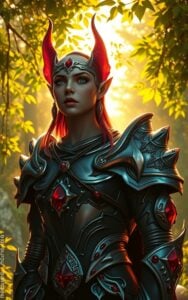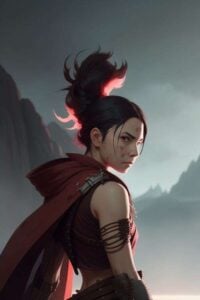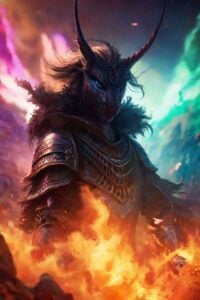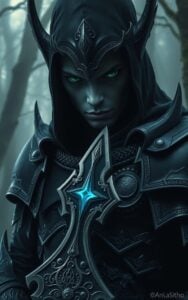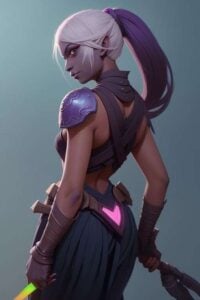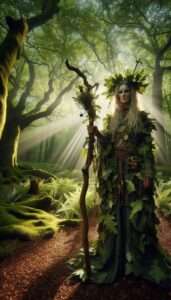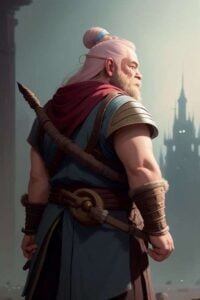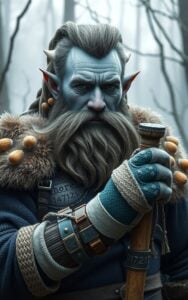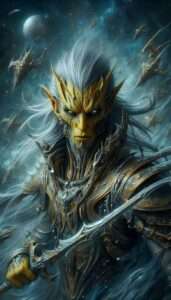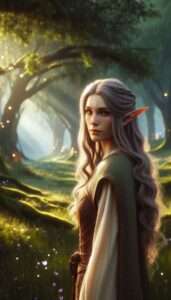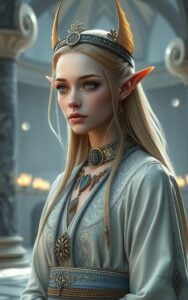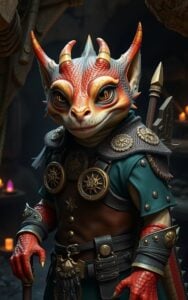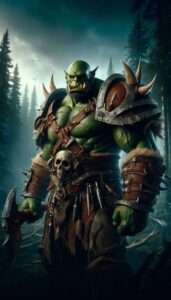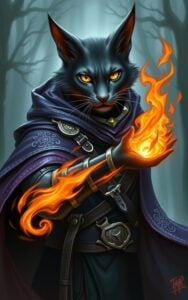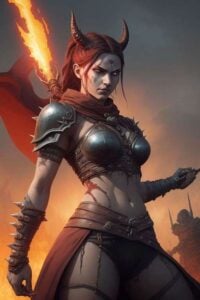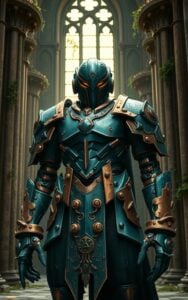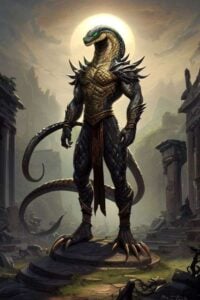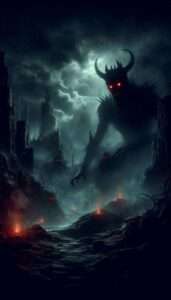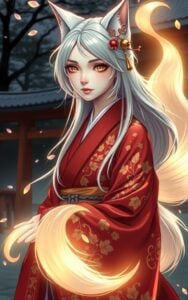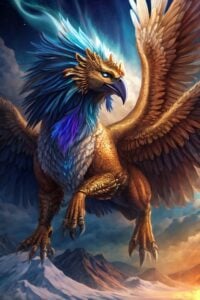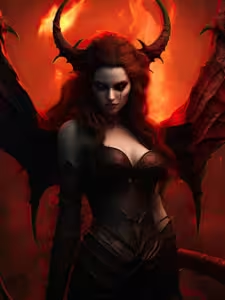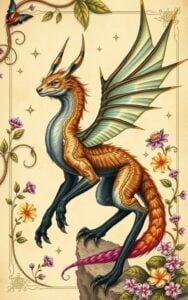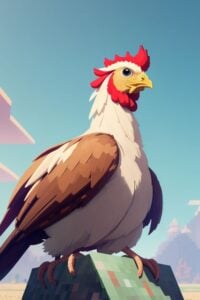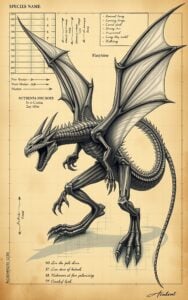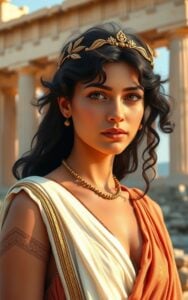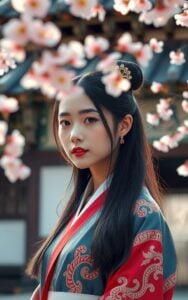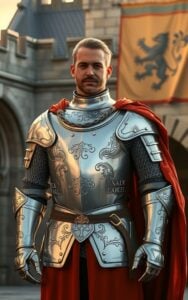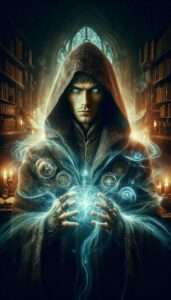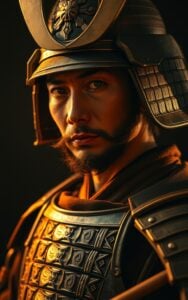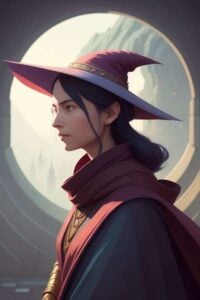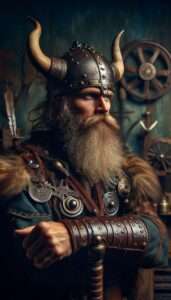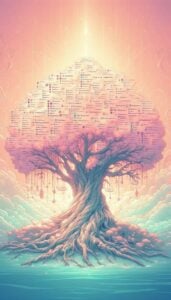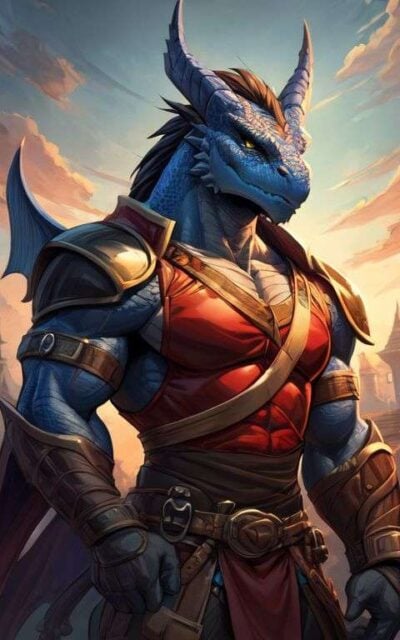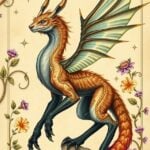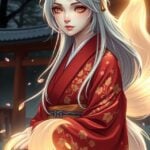Dragonborn Name Generator
Explore the fascinating world of Dragonborn names in D&D. Create authentic names instantly with our Dragonborn Name Generator.
Try Other Name Generators
Guide
In the rich tapestry of Dungeons & Dragons 5th Edition, Dragonborn names carry deep cultural significance and complex linguistic traditions. For those creating a DnD dragonborn character, understanding these naming customs is essential.
Unlike the naming conventions found in games like Skyrim, where female dragonborn names like Shahvee or Onmund reflect Nordic influences, DnD dragonborn follow unique clan-based patterns. Dragonborn noble 5e characters particularly emphasize the gravity of names, often incorporating syllables that echo their draconic heritage.
Within DnD’s vast multiverse, dragonborn names typically consist of three parts: a given name, a clan name, and often a birth order title. The cultural impact of names extends beyond mere identification – they influence how a dragonborn carries themselves in society. For instance, a dragonborn noble 5e character might have additional pressure to live up to their grandiose name, while even the simplest clan name carries weight in these proud communities. This attention to naming traditions helps distinguish DnD dragonborn from similar concepts in other fantasy settings, creating a unique cultural identity that players can explore in their campaigns.
Understanding DnD Dragonborn Name Structure
Core Components
Every traditional DnD Dragonborn name consists of three distinct elements:
- Given Name (Personal Name)
- Usually 1-2 syllables
- Features strong consonants
- Reflects individual identity
- Examples: Kriv, Medrash, Tarox
- Birth Order Name (Position Name)
- Indicates sibling order
- Traditional markers:
- First born: “Ux”
- Second born: “Zen”
- Third born: “Kax”
- Fourth born: “Nox”
- Clan Name (Family Name)
- 3-5 syllables
- Often ends in “-ax” or “-is”
- Carries ancestral legacy
- Examples: Akambherylliax, Criskanlos, Terhakrathus
Name Construction Formula
[Given Name] + [Birth Order Name] + [Clan Name]
Example: Kriv-Ux-Akambherylliax (First-born Kriv of Clan Akambherylliax)
Cultural Significance
Draconic Heritage
DnD Dragonborn names draw directly from their draconic ancestry, with different elements reflecting specific dragon types:
| Dragon Type | Common Name Elements | Example Names |
|---|---|---|
| Red | Ar-, -ash, Flame- | Arjhan, Rashon |
| Blue | Esc-, -thor, Storm- | Escarax, Thorin |
| Gold | Sol-, -rex, Dawn- | Solarix, Rexan |
| Green | Syl-, -ras, Wood- | Sylrath, Raskan |
| Black | Nox-, -dark, Shadow- | Noxris, Darkath |
Religious and Cultural Elements
According to the Player’s Handbook (PHB p. 32-33), DnD Dragonborn names often honor:
- Dragon deities (particularly Bahamut and Tiamat)
- Clan ancestors
- Historical achievements
- Cultural virtues
Regional Variations
Sword Coast Traditions
- Shorter clan names
- Emphasis on martial achievements
- Example: Verthisathurgiesh becomes Verthis
Draconomicon Influences
- Complex honorifics
- Multiple clan affiliations
- Example: “Kriv sha’Akambherylliax tho’Priidak”
Name Generator Guide
Creating Authentic Names
Follow these steps to generate meaningful DnD Dragonborn names:
- Choose Heritage:
- Select dragon type influence
- Consider clan history
- Reference family traditions
- Select Components:
- Pick appropriate syllables
- Match cultural context
- Consider meaning
- Validate Structure:
- Check pronunciation
- Verify cultural accuracy
- Test for roleplay suitability
Common Elements for Name Building
Given Name Syllables
- Strong starts: Kr-, Pr-, Vh-, Dr-
- Power sounds: -ax, -ix, -ox
- Linking elements: -ar-, -or-, -ur-
Clan Name Patterns
- Noble houses: -ylliax, -eraxis
- Warrior clans: -kasar, -tesar
- Scholar lines: -mindor, -windax
Pronunciation Guide
Basic Rules
- Stress first syllable of given names
- Equal emphasis on clan name syllables
- Clear enunciation of connecting elements
Common Sounds
- ‘X’ as in “ks”
- ‘Ae’ as in “eye”
- ‘Th’ as in “theater”
Notable Examples from DnD Lore
Famous Dragonborn
- Arkhosia Vix-Kryllix: Renowned warrior-poet
- Bharash Zen-Krivdrash: Legendary peacemaker
- Torinn Kax-Wimox: Celebrated scholar
Historical Significance
From “Dragons of Faerûn”:
- Names often commemorate great deeds
- May change based on personal achievements
- Reflect important historical events
Tips for Character Creation
Choosing Appropriate Names
- Consider your character’s:
- Background
- Class
- Alignment
- Family history
- Match name to personality:
- Warrior: Strong consonants
- Scholar: Flowing syllables
- Leader: Balanced sounds
Common Mistakes to Avoid
- Mixing incompatible cultural elements
- Overcomplicating clan names
- Ignoring birth order traditions
Cultural Integration
Name Change Traditions
- Coming of age ceremonies
- Achievement recognition
- Clan adoption processes
Modern Trends
- Simplified forms for common use
- Maintained formal names for ceremonies
- Adapted elements for different settings
Roleplaying Considerations
Using Names in Game
- Formal introductions
- Casual references
- Family interactions
Name-Based Plot Hooks
- Hidden lineage reveals
- Clan rivalries
- Name prophecies
Note: This guide combines official DnD 5e rules with expanded lore from various sourcebooks. Always check with your DM about specific naming conventions in their campaign setting.
Install Our Extensions
Add IO tools to your favorite browser for instant access and faster searching
恵 Scoreboard Has Arrived!
Scoreboard is a fun way to keep track of your games, all data is stored in your browser. More features are coming soon!
Must-Try Tools
View All New Arrivals in Name Generator
Update: Our latest tool was added on Dec 10, 2025
